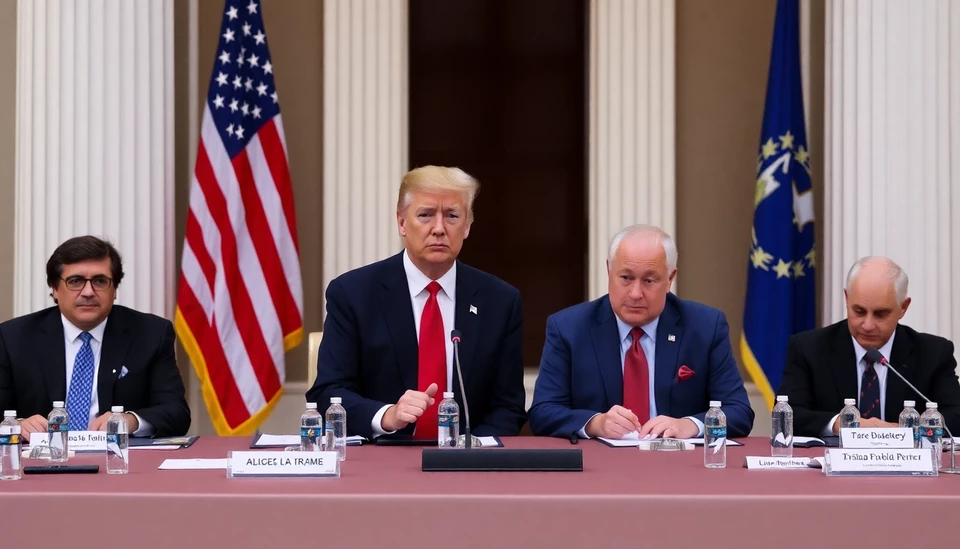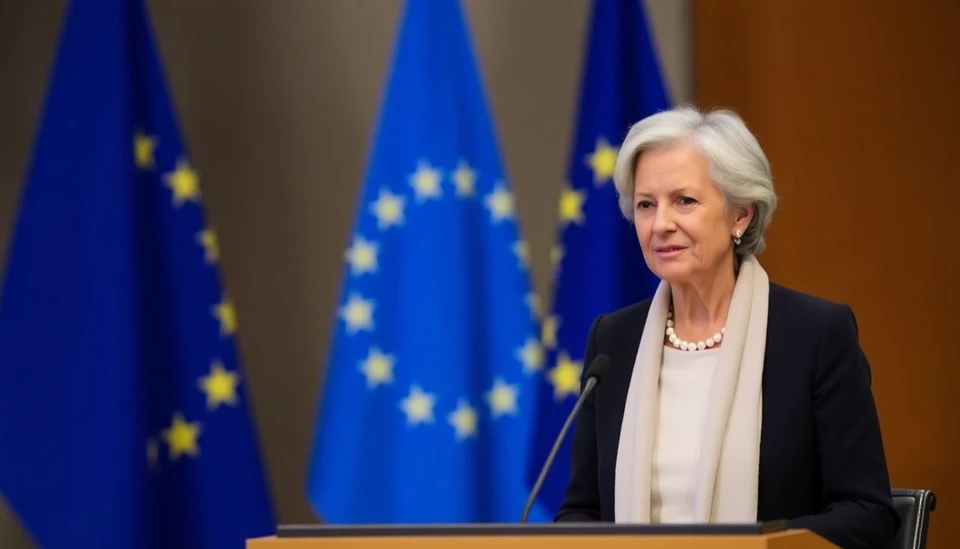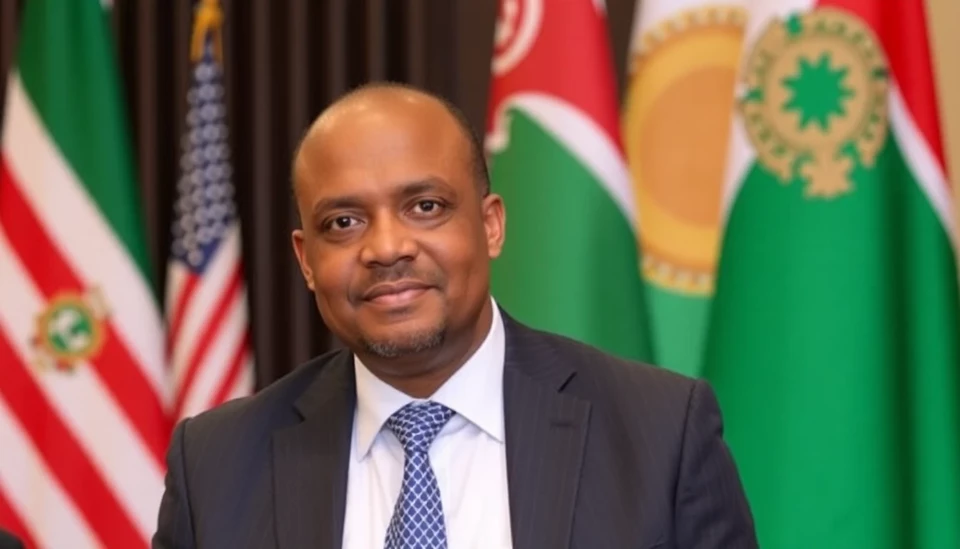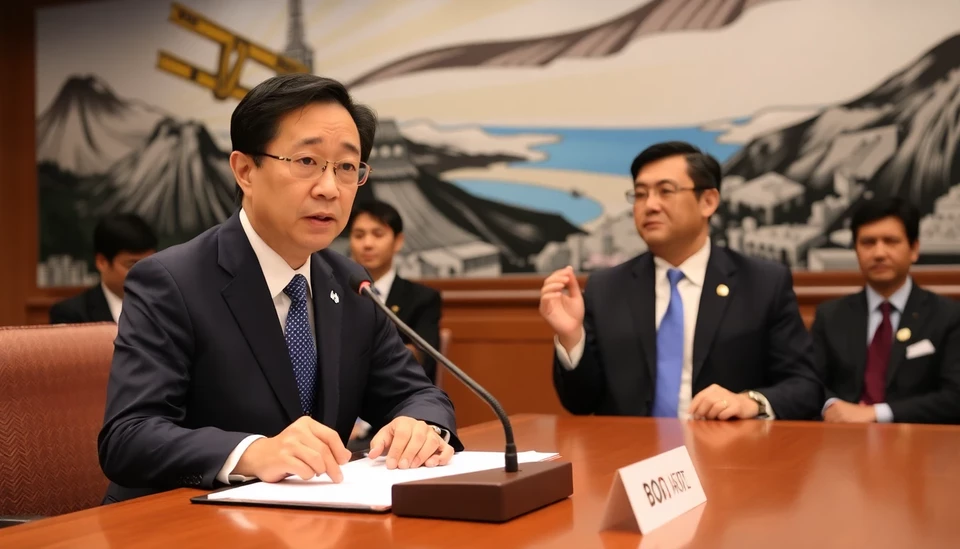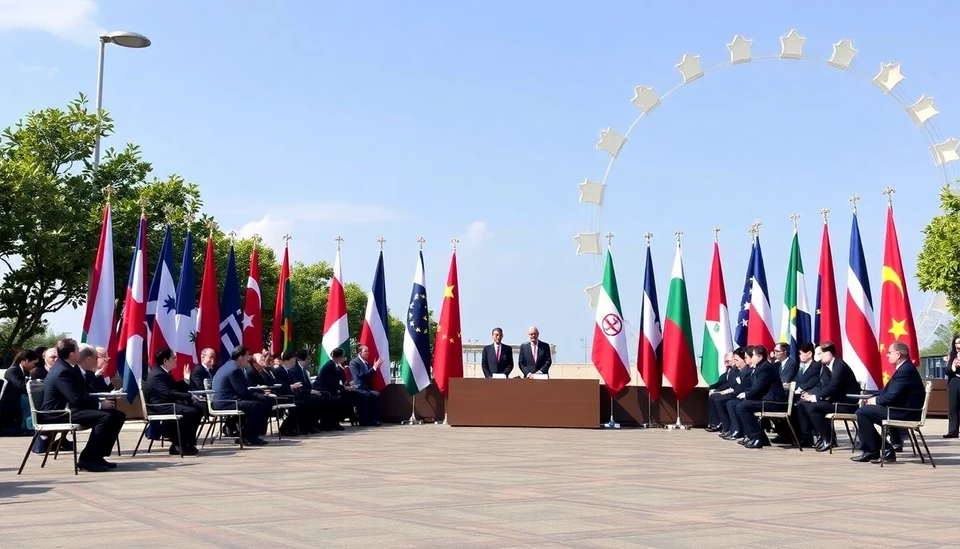
In a recent gathering of global leaders, the G20 countries expressed optimism about achieving a "soft landing" for the world economy, despite grappling with numerous uncertainties. This notable meeting, held in the backdrop of ongoing geopolitical tensions and economic fluctuations, examined the current economic landscape focusing on several key indicators that suggest a stabilization of global growth.
The term "soft landing" refers to an economic scenario where growth slows down without leading to a recession, allowing for a gradual adjustment in economic policies and structures. Leaders from the G20 emphasized that while some nations may experience a lull in economic momentum, the overall outlook remains cautiously favorable. This sentiment was echoed by an array of financial and economic experts during the conference.
Discussions at the G20 highlighted concerns over inflationary pressures, supply chain disruptions, energy market volatility, and the effects of climate change policies on the global economy. As various countries have pursued differing strategies to combat inflation, the divergence in responses has become a focal point of concern among policymakers. This divergence is characterized by some nations maintaining tighter monetary policies, while others have opted for a more accommodating approach to stimulate economic activity.
Furthermore, the IMF and World Bank representatives presented reports indicating that while global growth is expected to stabilize, significant risks persist. These include potential shocks from geopolitical tensions, particularly in Eastern Europe and the Asia-Pacific region, along with lingering fears of pandemic-induced economic disruptions. The leaders urged nations to maintain open lines of communication and cooperation to mitigate these risks collaboratively.
Despite the optimism in certain sectors, there were stark warnings issued regarding the increasing divide among G20 members. Differences in recovery rates and economic resilience have created disparities that could hinder collective progress. Developing nations are especially vulnerable, facing challenges such as rising debt levels and limited access to capital, further exacerbated by tighter global financial conditions.
The impact of climate change also took center stage, as leaders acknowledged the need for robust policies that not only aim to stabilize economies but also address environmental sustainability. There was broad consensus that addressing climate challenges is crucial for long-term economic health and equity among nations. The global dialogue included calls for enhanced support for green technologies and sustainable investments that can facilitate a transition towards greener economies.
As the G20 continues to navigate these unprecedented challenges, the path forward will require a collaborative effort from all member nations. There's a collective realization that resilience and adaptability are key to addressing both current economic conditions and future uncertainties. The outcome of these discussions may shape global economic policies in the coming months, influencing not only G20 nations but the wider international community as well.
In summary, while the G20 leaders are optimistic about a "soft landing" for the global economy, they also recognized the complexity of the current economic landscape. With ongoing uncertainties and divergences among countries, a unified approach that prioritizes stability, equity, and sustainability appears essential for nurturing long-term growth.
### Hashtags:
#G20 #GlobalEconomy #SoftLanding #EconomicGrowth #ClimateChange #GeopoliticalTensions #Inflation #InternationalCooperation #SustainableDevelopment
Author: Daniel Foster
